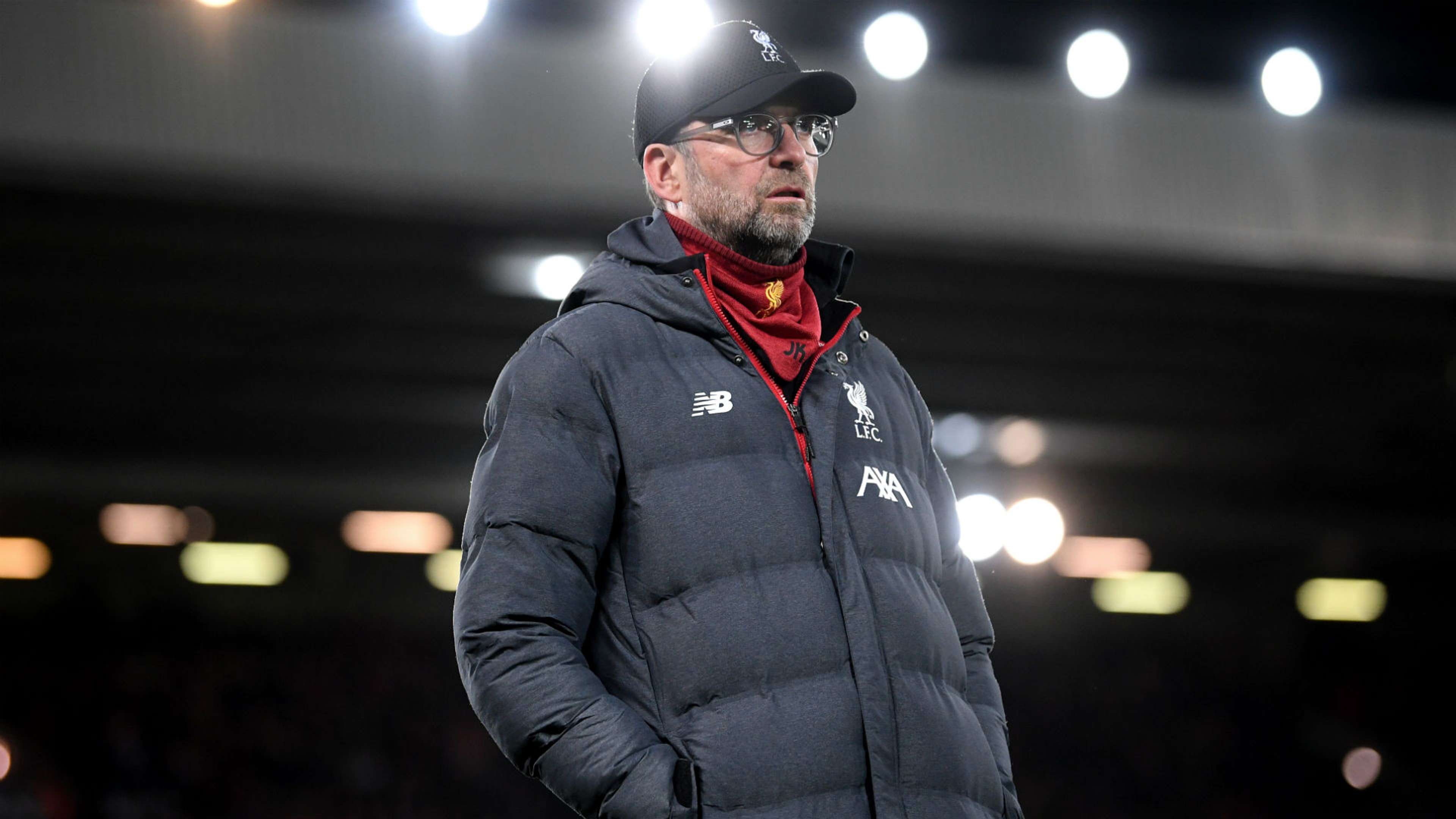Claims that Liverpool’s Champions League game with Atletico Madrid on March 11 accelerated the spread of coronavirus on Merseyside are “an interesting hypothesis”, according to one of the UK government’s scientific advisors.
Liverpool’s elimination at the hands of Diego Simeone’s side was played at a packed-out Anfield including 3,000 travelling fans from Madrid – even though the Spanish capital was already badly affected and La Liga had decided games could only be played behind closed doors.
Paris Saint-Germain’s home game against Borussia Dortmund, played at the same time, did happen behind closed doors, and there have been suggestions that the decision not to do the same at Anfield was a fatal mistake.
Professor Angela McLean was asked about the situation at a Downing Street news conference on Monday.
"I'm genuinely sad to see that so many people in Liverpool are unwell and so many have died,” Professor McLean said.
"The question needs to be put into the context of what was the general policy of the time.
"If we were at the bit of history where we were living our lives as normal, in that circumstance, going to a football match is not a particularly large extra risk.
"However, once we get to the situation of our strange lives as we live them now, when we spend all our time at home, of course you wouldn't add on an extra risk of lots and lots of people all going off to the same place at the same time.
"I think it will be very interesting to see once all the science is done what relationship there is between the viruses that have circulated in Liverpool and in Spain - that is certainly an interesting hypothesis you raise."
In Italy, the Champions League first-leg game between Atalanta and Valencia on February 19 – three weeks before the match at Anfield – has been labelled a ‘biological bomb’ due to the impact it had accelerating the spread of the virus in Bergamo.
Fans would not only spread the virus in the stands but in busy stadium concourses, public transport on the way to and from the game, plus bars and other meeting points ahead of the match.
Matthew Ashton, Liverpool City Council’s newly-appointed director of public health, told the Guardian earlier in April: “It was not the right decision to stage the match.
“People don’t make bad decisions on purpose – perhaps the seriousness of the situation wasn’t being understood across government at that time.
“Although we will never know, the Atletico Madrid game could have been one of the cultural events and gatherings that influenced the rise in Liverpool.
“It is definitely one to be included on the list for learning and for a future inquiry, so that organisations can learn and not make similar mistakes.”





